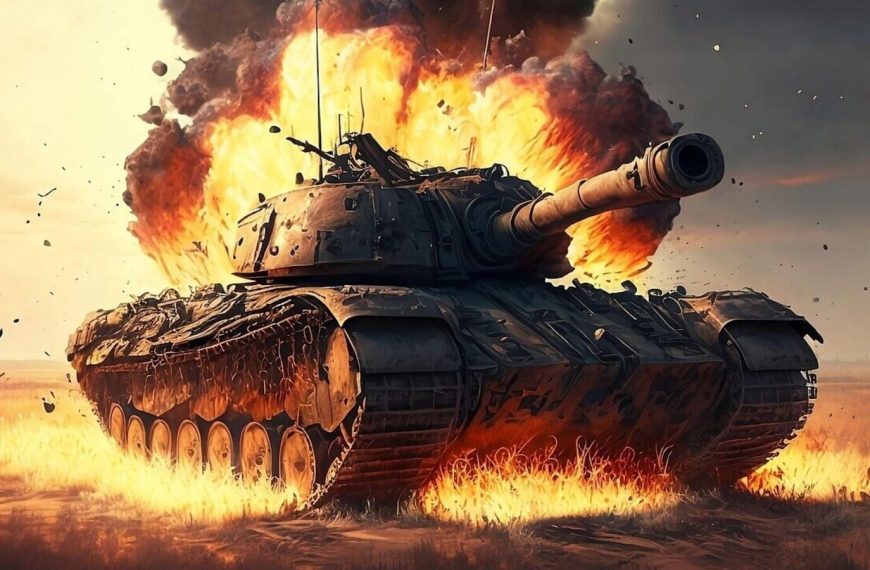Indian stock markets faced a significant decline as trading commenced on Friday, with both the Sensex and Nifty indices dropping sharply amidst heightened geopolitical tensions. In a matter of minutes, the Sensex plummeted over 900 points, while the Nifty fell by more than 300 points, resulting in a substantial loss of wealth for investors.
Key Factors Impacting Market Performance
Rising India-Pakistan Tensions Create Market Shockwaves
Investor sentiment is particularly sensitive to uncertainty, and the recent escalation in hostilities between India and Pakistan has created a wave of panic. The situation intensified this week after India executed ‘Operation Sindoor’ in response to a tragic terrorist attack in Pahalgam on April 22, which claimed the lives of 26 individuals.
Just two weeks following the attack, India conducted airstrikes on May 7, targeting nine terrorist camps situated in Pakistan and Pakistan-occupied Kashmir (PoK). This operation aimed to dismantle the terrorist infrastructure believed to have orchestrated the attack.
As of Thursday evening, the situation deteriorated further, with reports of air raids and missile threats emerging from the Jammu and Punjab regions. Cities such as Pathankot, Amritsar, and Chandigarh experienced power outages, while Indian military bases in the region faced attempted strikes.
Market Capitalization Takes a Hit
The scale of the market’s decline is staggering, shedding Rs 3.5 lakh crore in value almost instantly. Early trading saw the total market capitalization of BSE-listed companies drop from Rs 418.51 lakh crore on Thursday to Rs 415.01 lakh crore.
- Midcap Index: Decreased by around 1%.
- Smallcap Index: Fell by over 1.5%.
United States Takes a Step Back
In times of crisis, global markets often turn to the United States for guidance. However, US Vice President JD Vance made it clear in a recent interview with Fox News that the escalating conflict is not a priority for the US. “This is fundamentally not our problem,” he stated, emphasizing that while the US supports peace discussions, it will not intervene in a conflict that is “none of our business.”
Vance also recognized the potential risks of nuclear escalation but expressed optimism that “cooler heads” in both nations would ultimately prevail.
Conclusion
As the situation unfolds, investors will be closely watching for developments in India-Pakistan relations and their potential impact on market stability. With rising tensions and significant market losses, it remains to be seen how these factors will shape investor sentiment in the coming weeks.
For more updates on the market and geopolitical developments, stay tuned.











